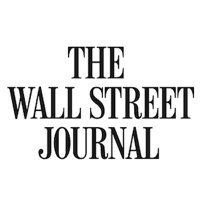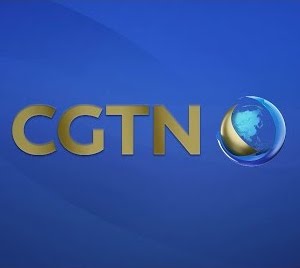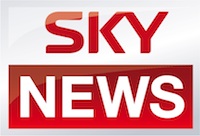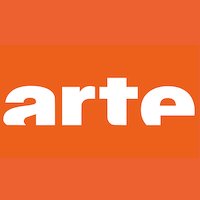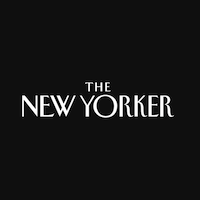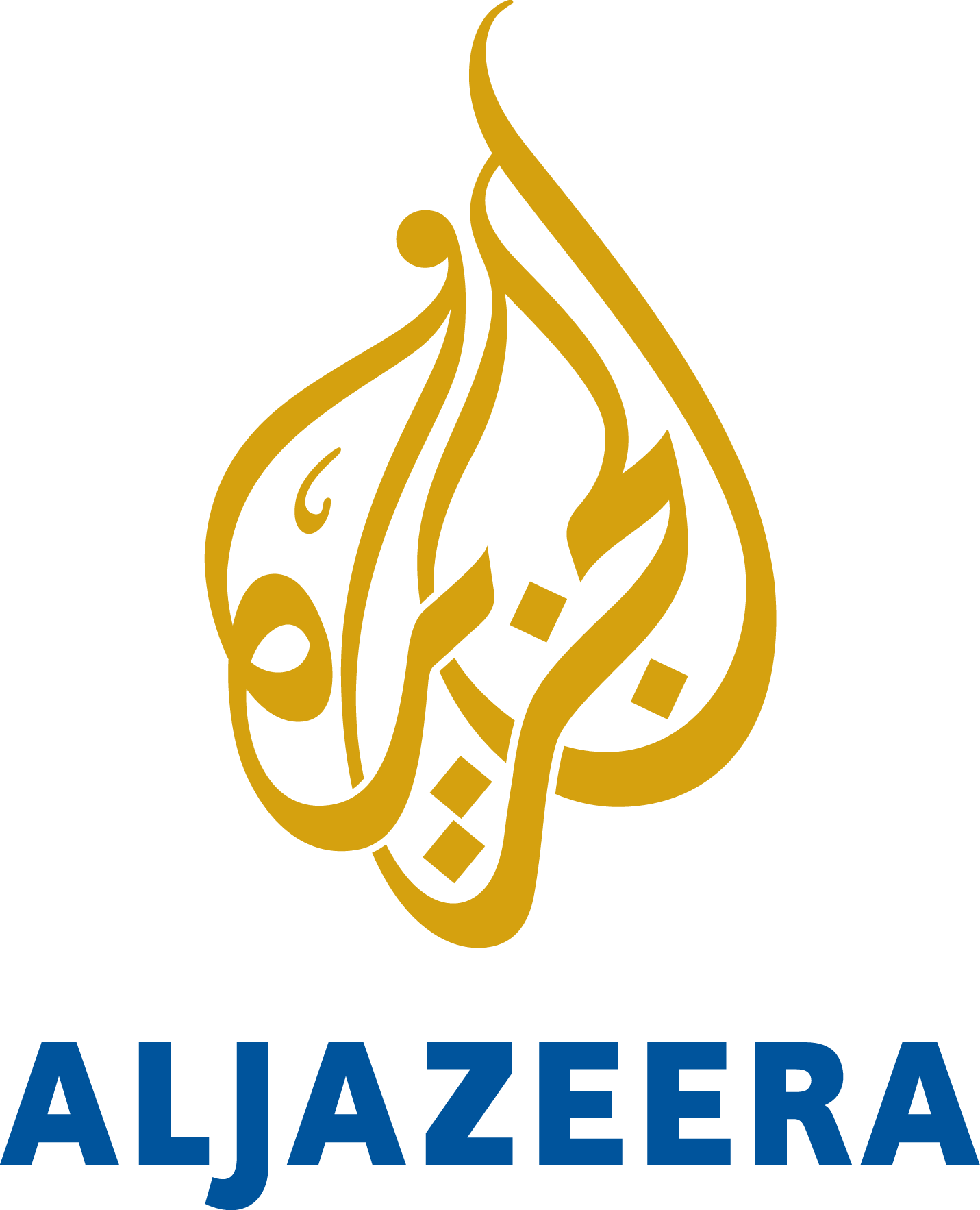Interviewed by Used Car News
A few weeks ago, in Senegal, I got a call from a Detroit-based business editor named Jim Stickford, who writes for Used Car News, an automotive trade journal that covers behind the scenes trends in the industry. He had seen the previous Herald News article and wanted to do a follow-up story. Here is the outcome.
----------------
Dealer Finds New Market in Africa
By Jim Stickford
New Jersey-born George Ajjan has found a market for American-made used cars in Africa. The 30-year-old former Republican congressional candidate originally planned on being an exporter when he first visited Senegal. He soon learned the local population was in love with American SUVs.
Ajjan, speaking from Senegal during a recent visit, said the Senegalese fascination came from seeing tricked out sport utilities on MTV. The vehicles also enjoy a good reputation for quality and durability. Ajjan changed his business plan and became an importer of used American vehicles to Africa. (continued...)
He can buy a 2003 Jeep Grand Cherokee in New Jersey for $10,000. Shipping and insurance add another $1,500 before the SUV reaches Dakar, Senegal's capital and main port city. Once it reaches the country, the cost can soar. Senegal assesses a 59 percent tariff on the value of an imported vehicle. The tariff is meant to prevent the country from being a dumping ground of older, more beat-up cars. It is based on a vehicle's highest value as listed by Kelley Blue Book.
That can be a problem when the government values Ajjan's $10,000 Cherokee at $13,000. That's why Ajjan recently had a trade delegation from Senegal visit Borough Jeep-Chrysler in Wayne, N.J. He wanted to explain how cars are valued and what the difference is between Kelley Blue Book's highest retail value and a vehicle's wholesale value. Joseph Franchina, a sales leader at Borough Chrysler-Jeep, hosted the Senegalese visitors. "We talked about how placing the tariff based on the retail value makes a vehicle too pricey," Franchina said. "We explained the difference between the retail price, the private party price and the wholesale price of a car."
Franchina said the event was part of an effort to create a bridge so that they could do more business in Senegal. He promoted the idea of basing a vehicle's tariff on Kelley Blue Book's listed private party value, which more closely reflects the wholesale value. Once the customs officials add the tariff, then an importer can sell in Senegal, after paying licensing fees and taxes.Since Senegalese licensing fees are based on engine size, this can add another $400 to an SUV's cost.
Ajjan finds buyers first and then finds SUVs to fit their orders. He takes an advance payment of up to 20 percent before the vehicle ships. The rest is paid on arrival. This export method benefits Ajjan because it avoids customs if the vehicle is sold to the buyer while in port. Then it is the buyer who pays to get the car out of customs. The buyer benefits because he gets some control in picking a car. A Senegal native is probably better at navigating the system anyway, Ajjan said.
There are challenges despite the SUVs' popularity. For one, diesel is the preferred fuel over there. Also, consumers are scared off by the higher costs of filling up a V-8 engine and are concerned about the availability of parts. While Ajjan eases their concerns about fuel costs, he has to admit parts for American vehicles can be hard to come by. Ajjan said he's been pretty good at providing the basics, like air and oil filters. But if the SUV's paneling is damaged, those parts are rare and expensive. "I try to mitigate these factors by emphasizing the fact that these are vehicles built less than five years ago," Ajjan said. "Senegal's big industries are fishing and mining and their road system is rough, so tough SUVs are needed." Franchina said the strong influence of the Chinese creates challenges as well.
The potential market is strong because Senegal is a stable country, Ajjan said. The recent presidential election went off without any problems.
----------------
Dealer Finds New Market in Africa
By Jim Stickford
New Jersey-born George Ajjan has found a market for American-made used cars in Africa. The 30-year-old former Republican congressional candidate originally planned on being an exporter when he first visited Senegal. He soon learned the local population was in love with American SUVs.
Ajjan, speaking from Senegal during a recent visit, said the Senegalese fascination came from seeing tricked out sport utilities on MTV. The vehicles also enjoy a good reputation for quality and durability. Ajjan changed his business plan and became an importer of used American vehicles to Africa. (continued...)
He can buy a 2003 Jeep Grand Cherokee in New Jersey for $10,000. Shipping and insurance add another $1,500 before the SUV reaches Dakar, Senegal's capital and main port city. Once it reaches the country, the cost can soar. Senegal assesses a 59 percent tariff on the value of an imported vehicle. The tariff is meant to prevent the country from being a dumping ground of older, more beat-up cars. It is based on a vehicle's highest value as listed by Kelley Blue Book.
That can be a problem when the government values Ajjan's $10,000 Cherokee at $13,000. That's why Ajjan recently had a trade delegation from Senegal visit Borough Jeep-Chrysler in Wayne, N.J. He wanted to explain how cars are valued and what the difference is between Kelley Blue Book's highest retail value and a vehicle's wholesale value. Joseph Franchina, a sales leader at Borough Chrysler-Jeep, hosted the Senegalese visitors. "We talked about how placing the tariff based on the retail value makes a vehicle too pricey," Franchina said. "We explained the difference between the retail price, the private party price and the wholesale price of a car."
Franchina said the event was part of an effort to create a bridge so that they could do more business in Senegal. He promoted the idea of basing a vehicle's tariff on Kelley Blue Book's listed private party value, which more closely reflects the wholesale value. Once the customs officials add the tariff, then an importer can sell in Senegal, after paying licensing fees and taxes.Since Senegalese licensing fees are based on engine size, this can add another $400 to an SUV's cost.
Ajjan finds buyers first and then finds SUVs to fit their orders. He takes an advance payment of up to 20 percent before the vehicle ships. The rest is paid on arrival. This export method benefits Ajjan because it avoids customs if the vehicle is sold to the buyer while in port. Then it is the buyer who pays to get the car out of customs. The buyer benefits because he gets some control in picking a car. A Senegal native is probably better at navigating the system anyway, Ajjan said.
There are challenges despite the SUVs' popularity. For one, diesel is the preferred fuel over there. Also, consumers are scared off by the higher costs of filling up a V-8 engine and are concerned about the availability of parts. While Ajjan eases their concerns about fuel costs, he has to admit parts for American vehicles can be hard to come by. Ajjan said he's been pretty good at providing the basics, like air and oil filters. But if the SUV's paneling is damaged, those parts are rare and expensive. "I try to mitigate these factors by emphasizing the fact that these are vehicles built less than five years ago," Ajjan said. "Senegal's big industries are fishing and mining and their road system is rough, so tough SUVs are needed." Franchina said the strong influence of the Chinese creates challenges as well.
The potential market is strong because Senegal is a stable country, Ajjan said. The recent presidential election went off without any problems.





